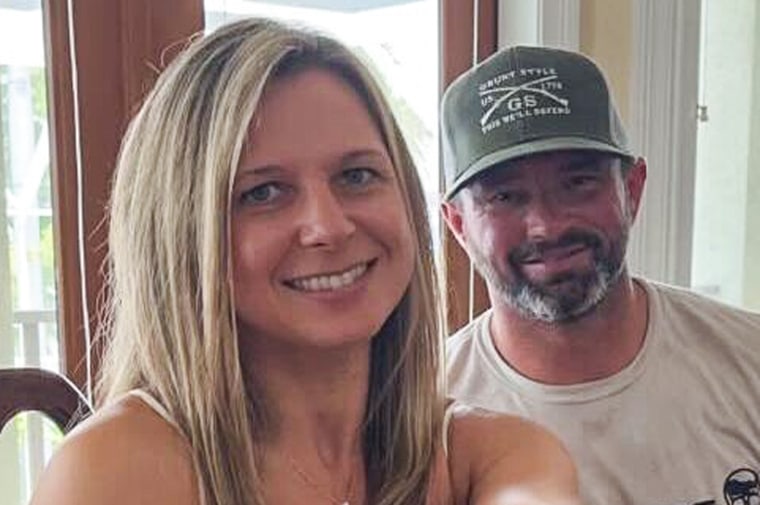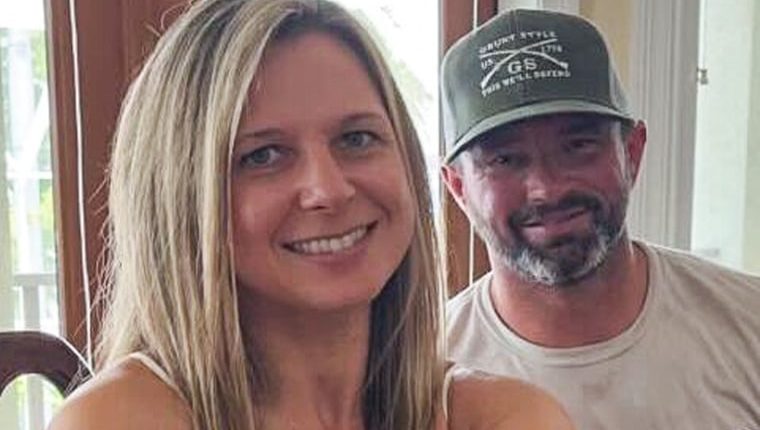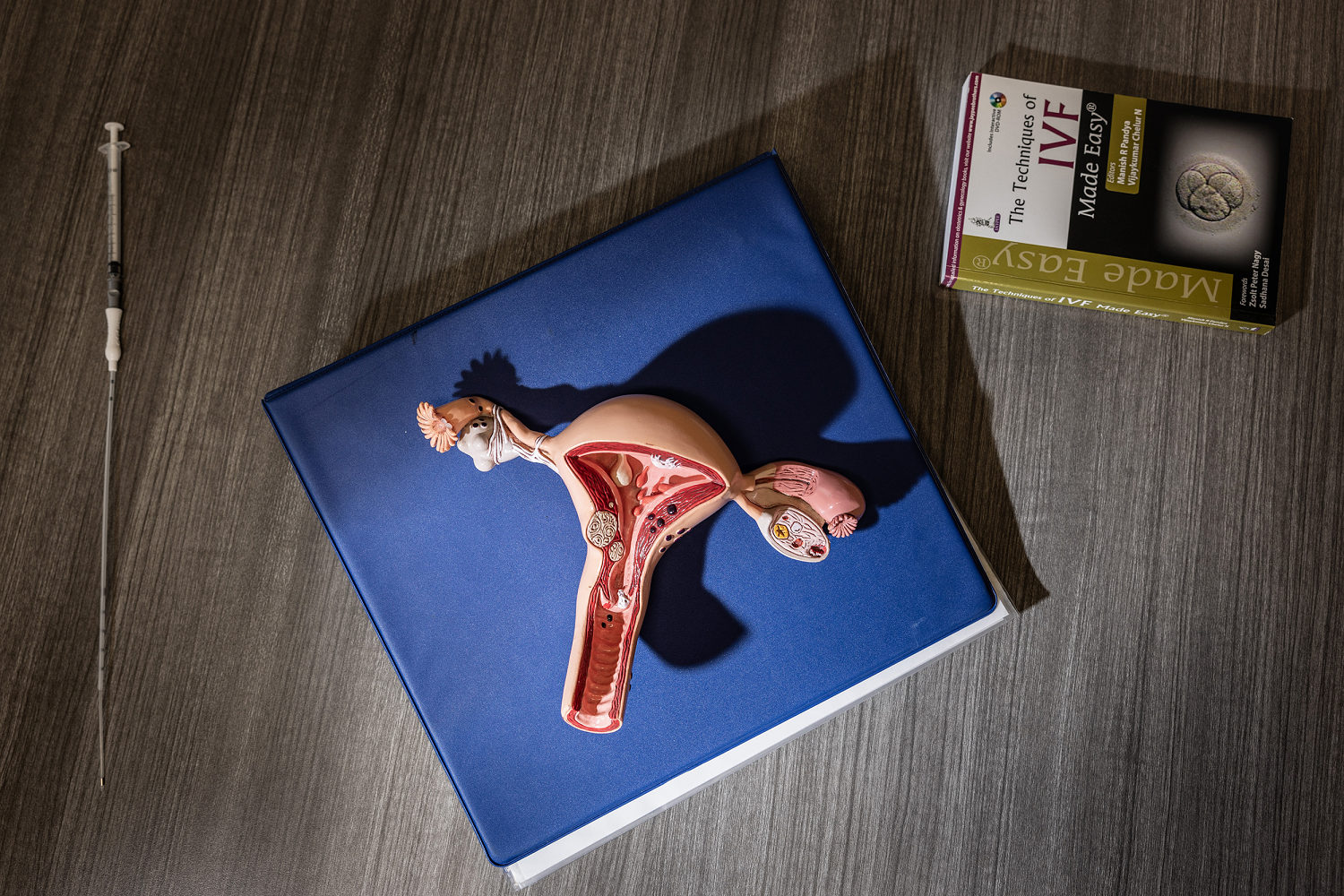An Alabama clinic at the center of a legal battle that sparked fears nationwide about the future of in vitro fertilization is quietly rescheduling embryo transfers. It had paused IVF procedures in the wake of a state Supreme Court ruling in February that frozen embryos can be considered children.
A nurse at the Center for Reproductive Medicine in Mobile said in an email to a patient that it had “been able to resume frozen embryo transfers” but had not been “given the permission from Mobile Infirmary,” an affiliated hospital, “to resume IVF or egg thaws to create embryos.”
Katey Lofton, 33, another patient at the clinic, had been waiting since last fall to have her embryo transferred to her uterus in early March, when she learned the court’s ruling meant the procedure would be delayed. She sent letters to state representatives urging them to protect IVF and encouraged loved ones to do the same.
Lofton got the call last week from her nurse that she’d been rescheduled for March 26.
“We’re super excited,” she said.
Still, the delay has been difficult.
“Each month that passes, each day that passes, that’s a lost opportunity of trying to become parents,” she said.
The Supreme Court ruling sprang from wrongful death claims against the Center for Reproductive Medicine and Mobile Infirmary. In 2020, according to the ruling, a hospital patient removed several embryos from the clinic’s freezer, but the temperature “freeze-burned” the patient’s hand, causing them to drop the embryos, destroying them. The court ruled that a state law “applies to all children, born and unborn, without limitation.”
The Center for Reproductive Medicine was one of at least three IVF providers in the state to halt services after the court’s decision. Advocacy groups and health law experts argued that the court’s ruling posed legal risks to IVF medical staff and patients. And providers questioned whether they would be forced to take on additional insurance costs.
Under mounting pressure from local patients and a national outcry, Alabama legislators passed a measure to protect IVF in the state. On March 6, Gov. Kay Ivey signed a new state law protecting clinics from criminal or civil liability for their operations. “Let me say clearly: Alabama supports growing families through IVF,” she said in a statement at the time.
Although two of the three providers — Alabama Fertility and the University of Alabama at Birmingham — quickly announced that the law’s passage would allow them to resume treatments, the Center for Reproductive Medicine initially opted to keep its IVF services on hold. A spokesperson for Mobile Infirmary and the clinic said it would not reopen until it had “legal clarification on the extent of immunity provided by the new Alabama law.”
Earlier this week, George Gigicos, a spokesperson for the Center for Reproductive Medicine, confirmed to NBC News that the facility had started scheduling transfer appointments, but provided few other details about its status. Gigicos said doctors, attorneys and Mobile Infirmary staff were still reviewing the new law.
“Once they figure that out, then we’ll be able to either resume or not resume — but that decision has not been made yet,” he said. Gigicos did not respond to follow-up questions.
The clinic’s pause on creating new embryos has left patients like Robin Banks, 39, and her husband, Joshua, 42, in limbo.
In 2017, Robin Banks decided to freeze her eggs after learning she had ovarian cancer and that chemotherapy could affect her fertility. Almost a decade later, in remission and newly married, she was ready to start a family when the court ruling landed.
Before it paused IVF, the clinic had planned to create the Banks’ embryos in early March.
“It’s just disappointing that all this is happening just weeks before we were given our chance,” Robin Banks said.

The couple moved from Colorado to Fairhope, Alabama, a city just outside Mobile, two years ago. In an interview, Joshua Banks said he wondered if they’d have to uproot themselves again and move to another state to become parents. There aren’t any other local options for IVF, he said, and it would grow costly to make trips to Birmingham, where many of the state’s IVF clinics are.
“The real possibility of us having to leave if things don’t change to be able to have a child is daunting,” he said.
Caroline Chism, 35, said she wouldn’t have her 10-month-old son without the Center for Reproductive Medicine. She and her husband planned to have another embryo transferred to give him a sibling, but the clinic’s pause put those dreams on hold.
After NBC News told her that the clinic had started rescheduling transfers, she called for a status update and was able to schedule a consult about her transfer.
She was relieved that some services were resuming, but said that, because of the ruling, nothing’s guaranteed.
“Thinking of the possibility this doesn’t get rectified, and we aren’t offered solutions — that would be a scary thought to not have access to our embryo,” she said.
Source: | This article originally belongs to Nbcnews.com










